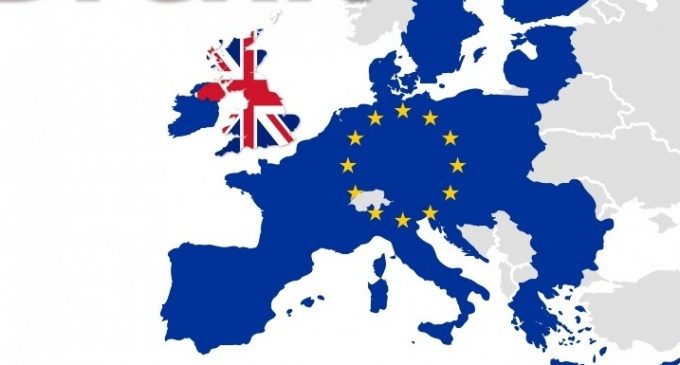Three-quarters of SMEs Expect to be Impacted by Brexit in Next 18 Months

The Department for Business, Enterprise and Innovation’s second survey of SMEs about the impacts of Brexit on their businesses found that while 75% of SMEs expect to be impacted by Brexit over the next 18 months, only 16% have a formal Brexit contingency plan.
The Behaviours & Attitudes (B&A) survey, which was conducted last autumn, asked businesses about how they are responding to Brexit, and what financial supports they need in order to respond. The survey found that almost half of the firms were not investing in their businesses. When asked why, Brexit uncertainty is cited as a key reason. Furthermore, 21% of medium sized businesses have postponed at least one investment decision in reaction to Brexit.
 Heather Humphreys TD, Minister for Business, Enterprise and Innovation, has asked businesses to start planning now. “The first step is to identify the lead person in your organisation who can assess potential impacts and scenarios and write your Brexit Contingency Plan.”
Heather Humphreys TD, Minister for Business, Enterprise and Innovation, has asked businesses to start planning now. “The first step is to identify the lead person in your organisation who can assess potential impacts and scenarios and write your Brexit Contingency Plan.”
She added: “My Department has a number of supports in place to help companies to develop their Plans, including the Enterprise Ireland Brexit SME Scorecard and the Be Prepared Grant of up to €5,000.”
The Government has launched the Brexit Loan Scheme. This will provide affordable, flexible working capital financing to Irish SMEs and mid-caps that are either currently impacted by Brexit or who will be in the coming period. It will give those businesses time and space to adapt and to grow into the future.
The Scheme will be open to eligible businesses with up to 499 employees from March 2018, and has the potential to benefit over 5,000 companies.

Heather Humphreys TD.
Minister Humphreys said: “It’s time for Irish businesses to start planning and preparing for Brexit. The Brexit Loan Scheme will provide financing support at lower interest rates and with lower collateral requirements. I encourage businesses to use this financing to help improve their operational competitiveness, to innovate or to diversify their trade footprint as they prepare to face Brexit over the next year and beyond.”
At least 40% of the €300 million Scheme will be available to food businesses, due to their unique exposure to the UK market. Food businesses will need to focus on competitiveness and innovation in order to continue the growth in Irish agri-food exports, which reached a record €13.5 billion in 2017.


























